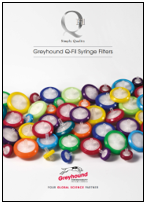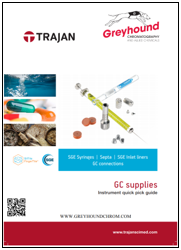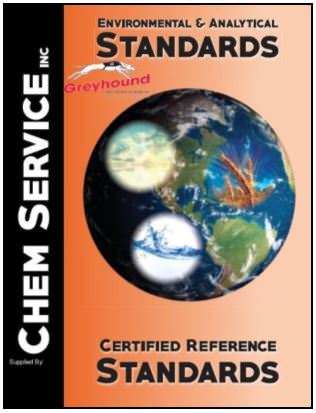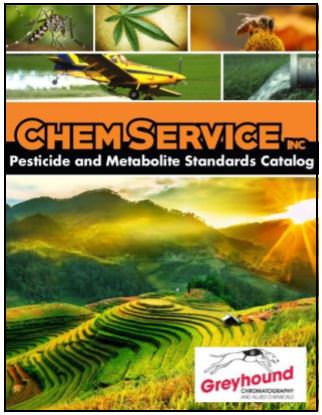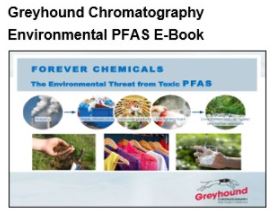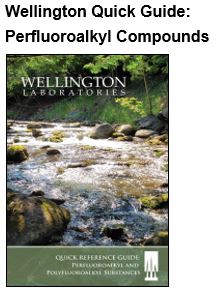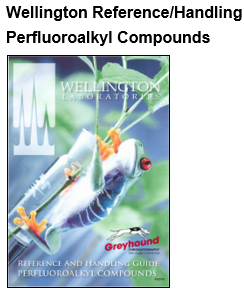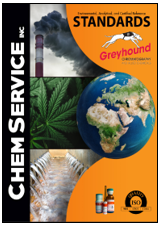Why is boron so important to corn growers?
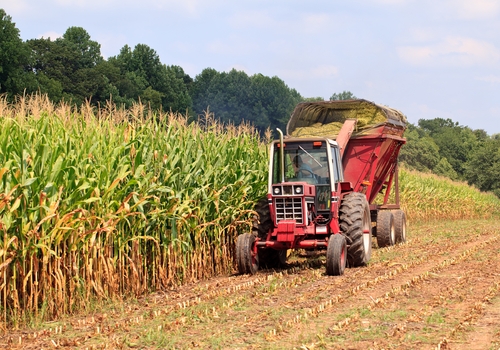
![]()
Corn is one of the most important crops in U.S. agriculture. Though most consumers think of it as a vegetable or grain that is just another part of their diet, corn is also used to feed livestock and produce biofuel. Given that corn serves both dietary and industrial purposes, it is essential that growers maximize their yield. Chemical compounds, including various fertilizers, are crucial to production.
One nutrient that has poorly understood benefits for crops such as corn is boron. As published in the journal The Plant Cell, one team of scientists from the University of Missouri-Columbia conducted several experiments that demonstrated why boron is so pivotal to the health of corn and other crops.
What does boron do?
To learn more about the factors affecting the growth of corn, the authors of the study analyzed individual plants that were unable to grow tassels. In the lab, the researchers sequenced the DNA of the plants and discovered they had a mutation that prevented the plant cells from transporting or using boron properly. The cells most negatively impacted by this mutation are the meristem cells, which generate different kinds of cells that can be found in every organ of the plant. The meristem cells are found at the different points of the plant where growth occurs.
The researchers observed that the inability to transport boron weakened the structure of pectin, which is a fiber that the plant needs to remain physically stable. When this happened, the growing points in the plant that contain meristems withered, which hurt the kernels and tassels. This process was observed in another experiment using two groups of corn plants that did not have tassels. One was treated with boron chemical solutions, and the other only received water. Those that were fertilized grew normally, while those that were only watered withered. This helps explain why fields that contain boron-poor soil have reduced crop production.
"Boron deficiency was already known to cause plants to stop growing, but our study showed that a lack of boron actually causes a problem in the meristems, or the stem cells of the plant," Paula McSteen, associate professor in the Division of Biological Sciences and a researcher in the Bond Life Sciences Center at MU, said in a statement. "That was completely unknown before. Through a series of experiments involving scientists from several disciplines at MU, we were able to piece together the puzzle and reach a new conclusion."
McSteen and her colleagues hope their study will provide guidance on the use of boron fertilizers in parts of the U.S. where the soil is deficient in the element.. According to the study authors, soil in much of Missouri and the eastern half of the U.S. lacks adequate amounts of boron.
Experts from the University of Wisconsin noted that farmers typically apply boron fertilizer in the form of borax, sodium pentaborate, boric acid, solubor and sodium tetraborate. Most of the boron that is in the soil is in the organic matter found in the plough layer. Soil low in organic matter tends to be deficient in boron. Boron is also inadequate in soils that are coarse-textured or have a pH of 7.0 or higher.
Corn trade is big business
The U.S. is the largest producer and exporter of corn in the world. According to the U.S. Department of Agriculture, corn made up 11 percent of the American agricultural export value during the early 1990s. By 2008, that proportion increased to more than 12 percent. Globally, it is the largest crop in the coarse-grain trade, which also includes sorghum, barley, rye and oats.
Given how important corn is, a better understanding of what nutrients like boron do for these plants may help guide farmers' use of fertilizers. This can help them maximize their crop yields in a cost-efficient manner.
For over 38 years Greyhound Chromatography has been supplying high quality Chromatography consumables to laboratories around the world. Greyhound’s extensive range covers all areas of Environmental, Petrochemical, Food, Forensics, Chemical and Pharmaceutical analysis. Backed by a highly experienced technical services team, Greyhound is the preferred source amongst today’s analysts.
CONTACT US
Tel: +44 (0) 151 649 4000
Email: marketing@greyhoundchrom.com
FOLLOW US
YOU MAY ALSO BE INTERESTED IN OUR NEWSLETTER


